Date: 17 May 2005
This is the second glass substrate plant the company has built at CTSP and the company has invested NT$18 billion (US$577 million) to build its two Taiwan glass substrate plants, with Taiwan being the only overseas location where Asahi has more than one glass substrate plant.
In addition to Asahi, Corning, Nippon Electric Glass (NEG) and NH Techno Glass (NHT) have all invested in building glass-substrate plants in Taiwan. Major glass substrate suppliers will continue their investments in Taiwan, as Taiwan-based panel makers are aggressively expanding capacity at their next-generation plants.
Corning, which currently has more than five glass substrate plants in Tainan Science Park (TSP) and CTSP, is currently building its second 6G glass substrate plant at CTSP, with the new plant scheduled to begin test production next quarter and volume production in the fourth quarter of this year.
Eugene A. Verdon, president of Corning Display Technologies Taiwan, said Corning is investing US$750 million in the first stage of its operations at CTSP, and the company will add another US$326 million for the second stage.
Corning currently accounts for more than half of the global substrate market and the company expects to capture 70% of the 5G substrate market in 2006.
NEG, the worlds third largest glass substrate supplier, also expects to see its 6G glass substrate plant in Taiwan enter volume production next quarter. In addition, NEG plans to invest 100 billion yen (about US$947 million) to build four or five glass substrate plants in Japan and Taiwan. It has also finished developing 7G glass substrates and will begin shipments in 2006, according to a report in the Taiwan edition of the Chinese-language Apple Daily.
According to Daiwa Securities, NEG plans to invest six billion yen (US$55.8 million) to expand its monthly capacity in Taiwan from 150,000-160,000 square meters this February to 600,000 square meters this fall.
However, the only Taiwan-based company investing in the field is Picvue Optoelectronics International (POI), a subsidiary of Taiwan-based STN LCD maker Picvue Electronics. Although the company stated last September that it will start shipping samples of small-size TFT LCD glass substrates in the fourth quarter of last year, the Apple Daily reported last week that the sampling process did not go well and the company has decided to delay production until this July.
POI told DigiTimes earlier this year that it was trying to improve its yields from 30-40% to 50% by the end of the year.
The glass substrate business has high barriers to entry, as the technology requires years of experiences to develop, and the investment required is always high. Currently, almost all major Taiwan-based panel makers rely solely on suppliers from overseas such as Corning, Asahi Glass, NEG and NHT.
In order to secure substrate supply, most major Taiwan-based panels makers, including AU Optronics (AUO), Chi Mei Optoelectronics (CMO), Chunghwa Picture Tubes (CPT) and Innolux Display have signed long-term contracts with Corning. However, by entering long-term contracts, the makers are showing just how heavily they depend on their substrate suppliers.
In contrast, most Taiwanese panel makers have already developed in-house color filter (CF) plants, which have helped them reduce their production costs and maintain more control over their production schedules.
Major South Korea-based makers, on the other hand, have made inroads in developing alternative methods to secure substrate supply.
Samsung established a joint venture with Corning (Samsung Corning Precision Glass; SCP) in 1995 while LG.Philips LCD announced this February that it has set up a glass substrate joint venture (Paju Electric Glass) with NEG.
With joint ventures close to their fabs, Samsung and LG.Philips LCD are expected to have more control over their substrate supply and technology development.

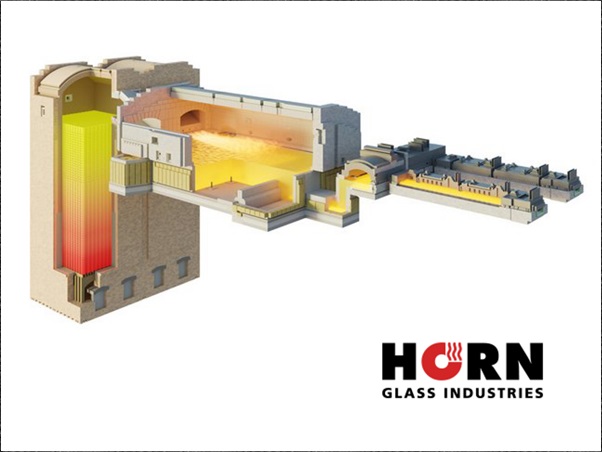
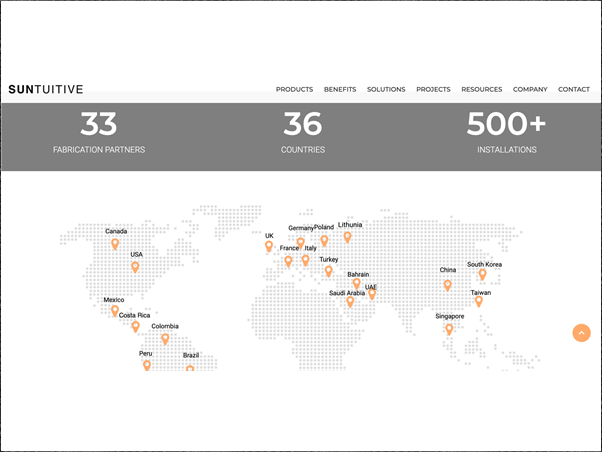
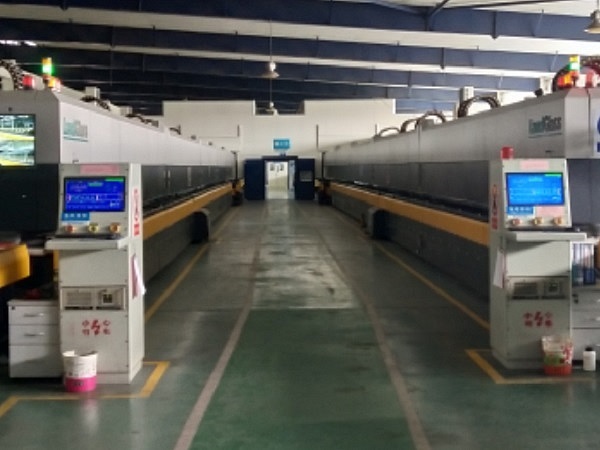
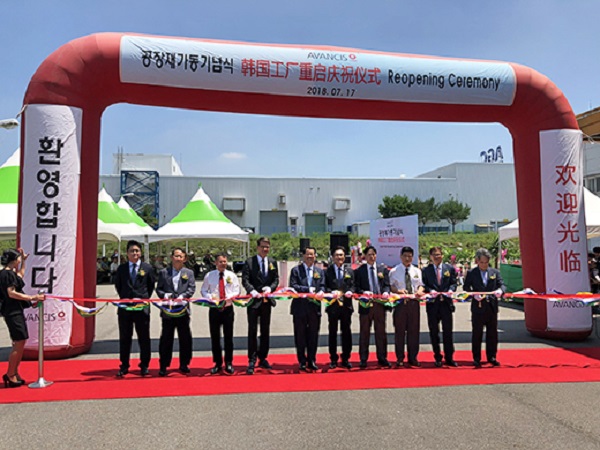
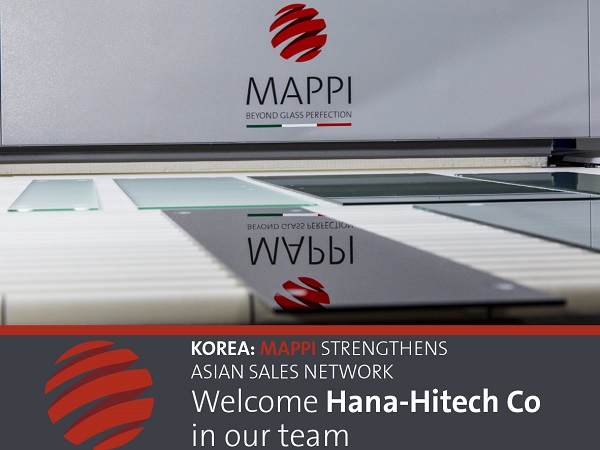
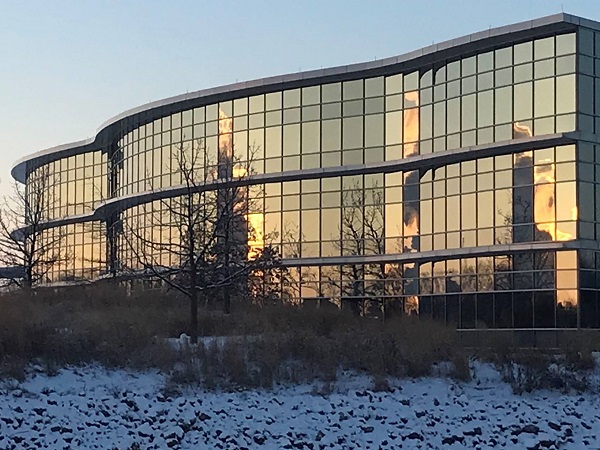
Add new comment